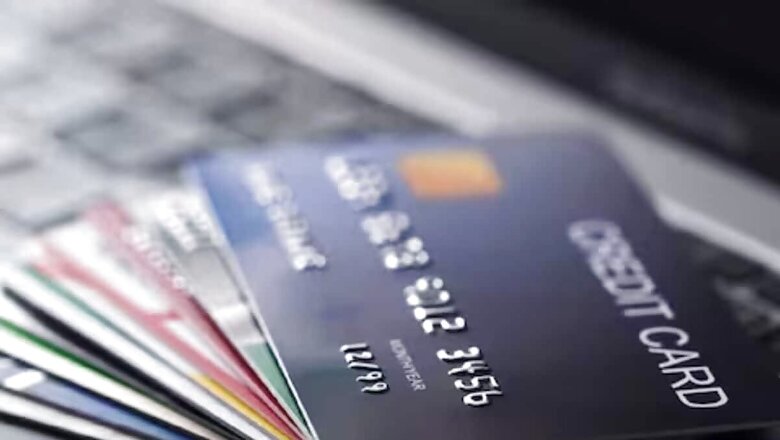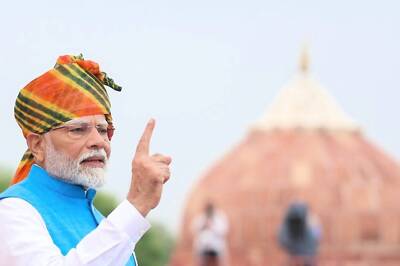
views
If you use the credit cards of Yes Bank or IDFC First Bank to pay utility bills like telecommunication, electricity, gas, water, internet services and cable services, then you need to know that very soon, making these payments will become more expensive. Both banks have decided to impose a surcharge on the payment of utility bills through credit cards.
This rule will come into effect from May 1. This means that the surcharge will have to be paid on paying utility bills through the credit cards of both banks. Earlier, many banks had stopped giving reward points on utility bills, insurance and rent payments.
The Yes Bank will levy a 1 per cent surcharge and GST on bill payments of more than Rs 15,000 in one statement cycle through a credit card. However, there will be no surcharge on payment through Yes Bank Private Credit Card. IDFC First Bank will levy a 1 per cent surcharge and GST on bill payments of more than Rs 20,000 in one statement cycle through IDFC Credit Card. However, this rule of utility surcharge will not apply to First Private Credit Card, LIC Classic Credit Card and LIC Select Credit Card.
Following the introduction of surcharges on rental transactions with cards, credit card issuers are now extending this practice to utility transactions. Sumanta Mandal, the founder of TechnoFino, a platform reviewing debit and credit cards, explained, “It is a low-margin business category for the bank, so don’t be surprised to see other banks introducing surcharges after Yes Bank and IDFC First Bank on utility transactions.” In this context, a low-margin business category indicates that the bank operates on a narrow profit margin relative to its revenues in this segment.
Moreover, there’s a perceived misuse in the utility spending category. Mandal elaborated, “There are business spends in utility transactions using personal credit cards, and credit card users are earning rewards on them.” To deter such misuse, banks are implementing surcharges on utility transactions.



















Comments
0 comment